RAJSHAHI, May 23 (V7N)– The mango industry in the Greater Rajshahi region is poised for a bumper year, with an estimated trade value reaching Tk 10,000 crore (approximately $900 million USD). This optimistic forecast comes as the region, renowned for its sweet mangoes, expands its export markets to include China, alongside existing destinations in the Middle East, Europe, and America.
Commercial mango cultivation in the area has more than doubled over the past decade, a testament to the region's favorable soil and climate. The harvesting of early-season, small-fruited mango varieties commenced on May 15, with other varieties set to follow in the coming days, engaging farmers and traders in a flurry of activity. Wholesalers from across Bangladesh have already begun arriving in local markets.
Currently, early-season small mangoes in Rajshahi are fetching between 1,300 to 1,500 taka per unit. Farmers are confident of higher yields and good prices this year due to favorable weather conditions. Rajshahi district alone anticipates a mango trade worth Tk 1,600 crore.
According to the Rajshahi district administration's mango calendar, Gopalbhog mangoes became available from May 22. Lakna, Lakshanbhog, and Ranipachand varieties will be collected from May 25. Himsagar is slated for May 30, Langra and Banana mangoes for June 10, and Amrapali and Fazli mangoes for June 15.
Masudur Rahman Rinku, President of the Rajshahi Chamber of Commerce, highlighted the significant economic impact, stating that the Tk 10,000 crore target for Greater Rajshahi signifies a "festival" that will employ several hundred thousand people in various activities, including farming, marketing, and courier services.
Bagha upazila stands out as Rajshahi's top mango producer, accounting for one-third of the district's output. Last year, Bagha exported 36 tons of mangoes to 10 countries. Maqbul Hossain, a mango grower from Bagha's Arani area, expressed optimism, noting the distinct aroma and taste of Bagha mangoes. Having exported 50 tons last year, he hopes to increase his exports further this season.
Dr. Shafiqul Islam, Chief Scientific Officer of the Rajshahi Fruit Research Center, attributed the abundant mango yield to timely rainfall. "If there is no major natural disaster, the production target will be exceeded this time," he affirmed. Umme Salma, Deputy Director of the Department of Agricultural Extension (DAE), Rajshahi, reported 19,603 hectares under mango cultivation in the district this year, with a production target of 260 tons.
Neighboring Naogaon, also in the Barendra region, has witnessed a significant increase in mango cultivation in recent years, with numerous new orchards established. Mangoes from Naogaon will also be available from May 22, and farmers anticipate double the yield compared to previous years due to favorable weather. Abul Kalam Azad, DAE Deputy Director for Naogaon, stated that 30,300 hectares are under mango cultivation, projected to yield 366,000 tons, potentially generating Tk 4,000 crore in trade.
Meanwhile, orchard owners and traders in Chapainawabganj are in the final stages of preparing for the season. The district aims to produce approximately four lakh tonnes of mangoes this year, expecting a trade value between five to six thousand crore taka. Dr. Yasin Ali, DAE Deputy Director for Chapainawabganj, noted that mango cultivation has expanded to 37,504 hectares, with a target of 386,292 tons. Modern methods and new entrepreneurs have contributed to a 13,244-hectare increase in commercial mango cultivation over the last decade.
Dr. Mokhlesur Rahman, Chief Scientific Officer of Chapainawabganj's Mango Research Center, emphasized the district's reputation for its delicious mangoes, which annually supply three to four lakh tons commercially across Bangladesh. He also highlighted the district's growing export footprint in Asia, the Middle East, and Europe. Last year, Chapainawabganj alone exported mangoes to 11 Asian, three Middle Eastern, and seven European countries.
Natore is also poised for a good mango season, with cultivation underway since May 15. The district has 5,693 hectares dedicated to mangoes this season, with an expected trade value of around Tk 3.5 billion. Habibul Islam Khan, DAE Deputy Director for Natore, expressed optimism for farmers and orchard owners, provided no natural disasters occur.
Significantly, Greater Rajshahi mangoes are now set to enter the Chinese market. This follows Chinese President Xi Jinping's expressed interest in importing Bangladeshi mangoes during the Chief Adviser's recent visit to China. As a follow-up, Chinese Ambassador Yao Wen and importers visited mango orchards in Chapainawabganj on April 28, where the ambassador conveyed China's desire to import Bangladeshi mangoes at competitive prices.
Dr. Yasin Ali confirmed that 122 mango farmers in Chapainawabganj have cultivated exportable mangoes on 339 hectares using good agricultural practices. Last year, 839 tons were exported from the district. Rajshahi and Natore are also contributing to international exports. Anwarul Haque, President of the Rajshahi Mango Producers Association, explained the "fruit bag" method, where small mangoes destined for export are bagged to ensure poison-free and aesthetically pleasing produce. These fruit bags are imported from China, facilitating the export of high-quality mangoes.
END/RAR/RH/



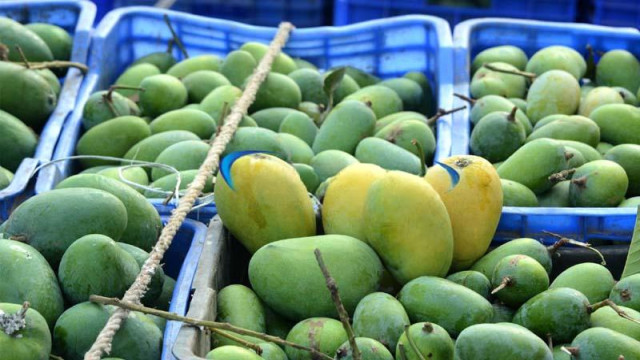
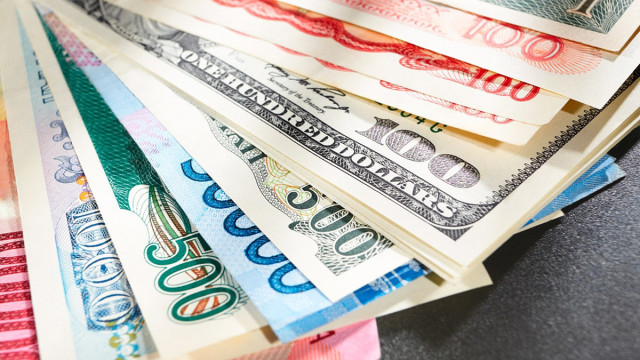
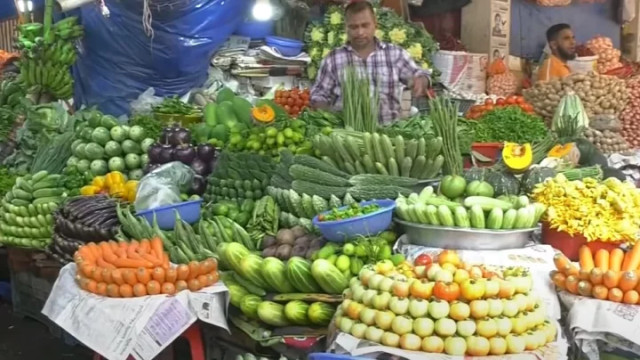

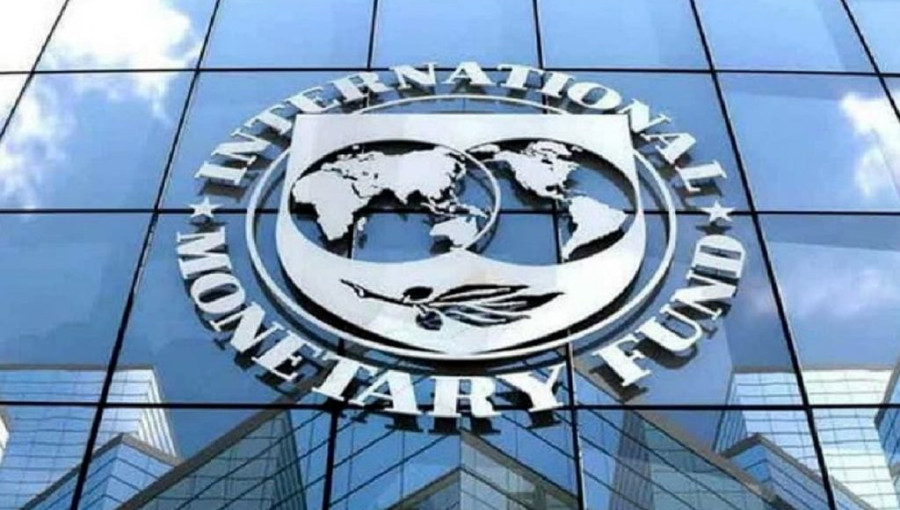

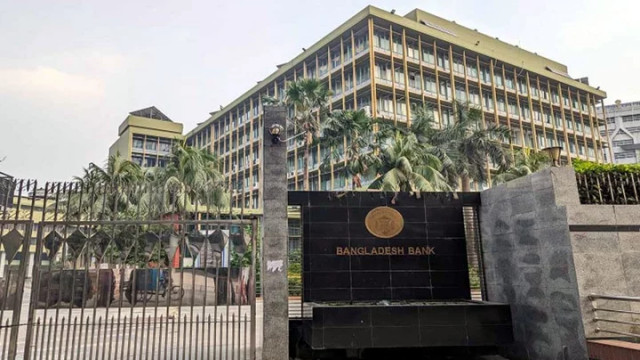
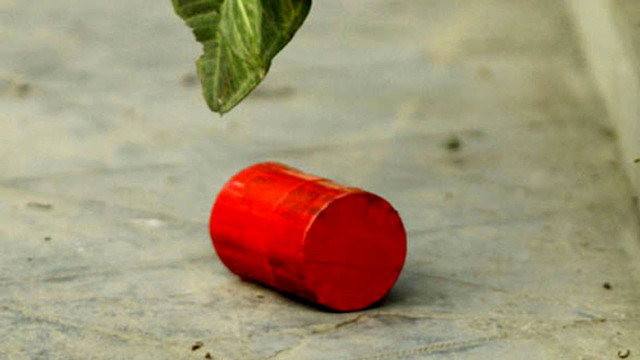


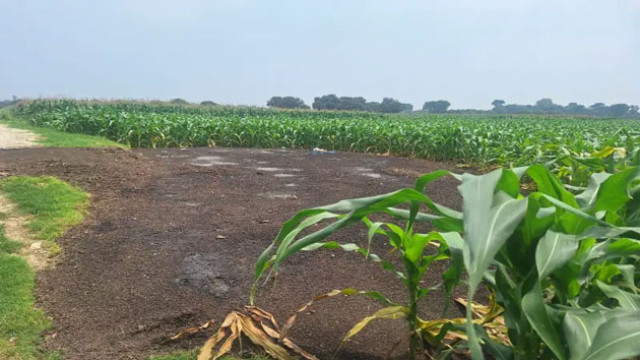

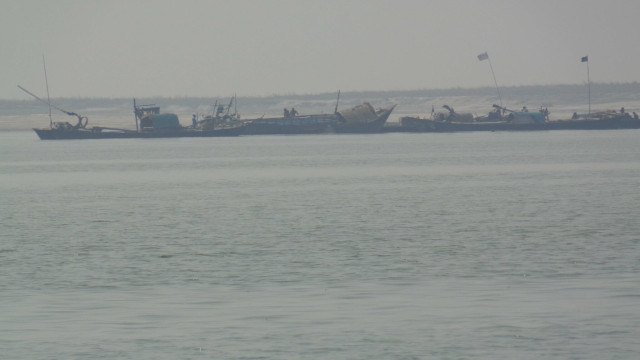

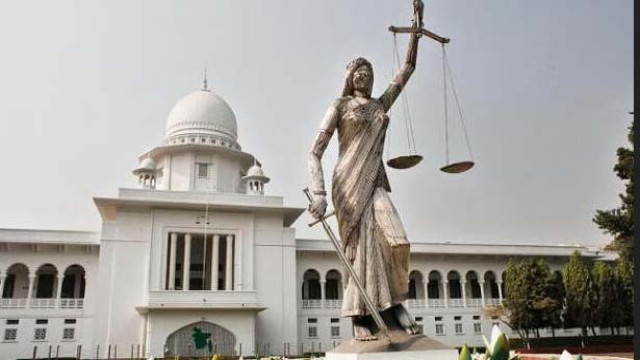
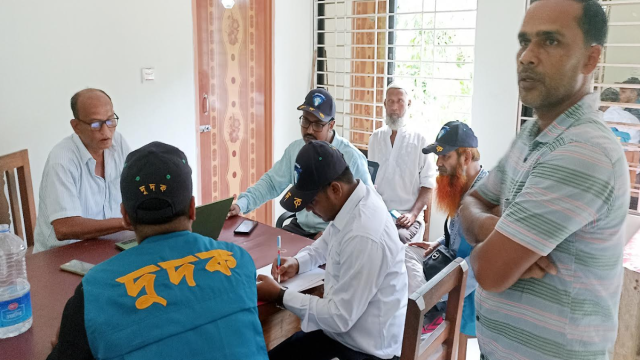







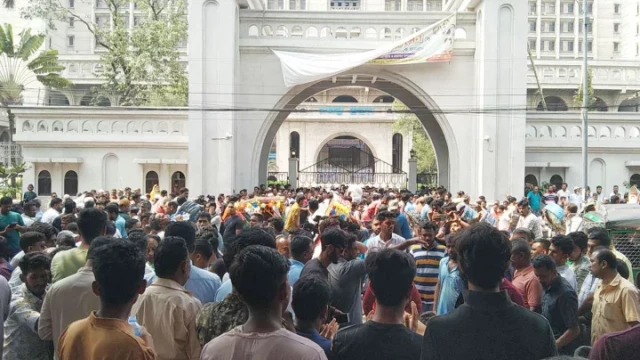




Comment: